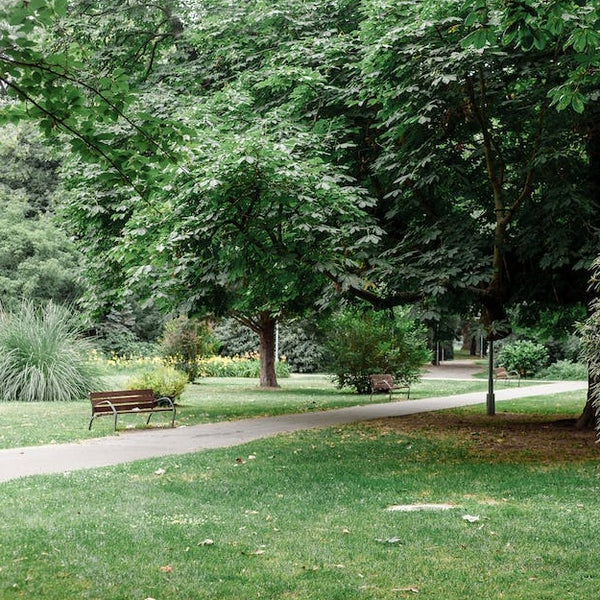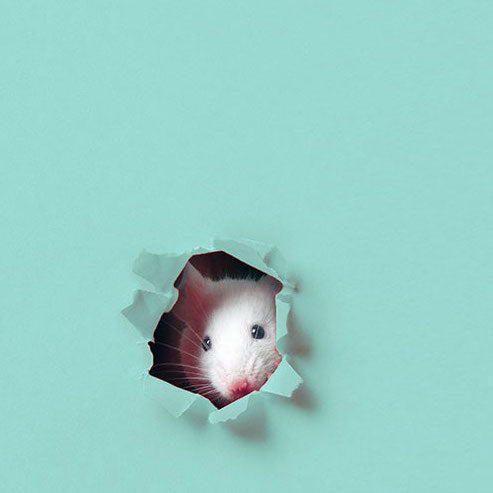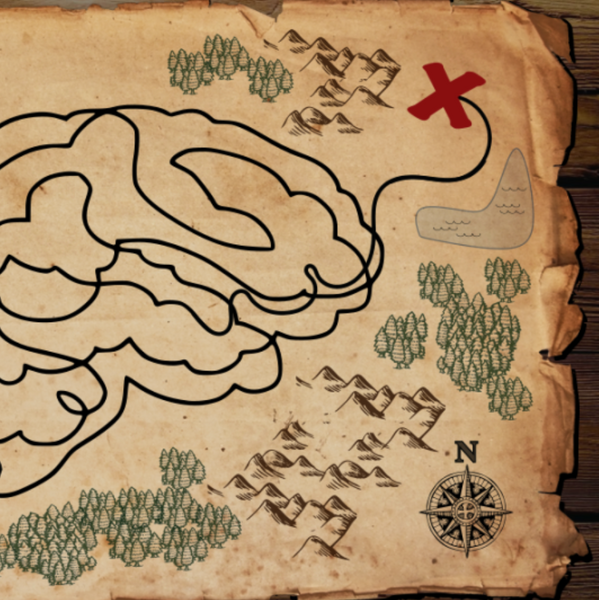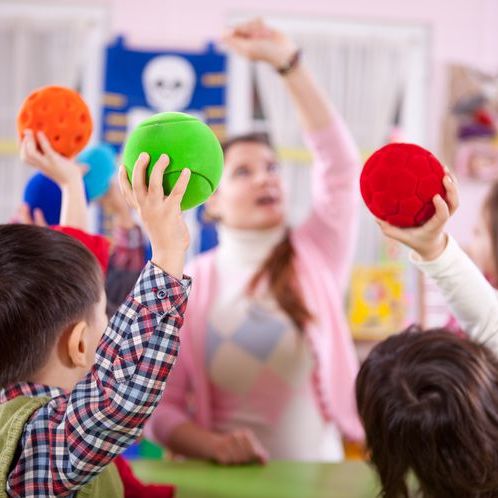Research -- StepUp to Learn
Eureka! Exploring Learning Through Moments of Insight
Learning is often not a gradual process, but takes place in leaps and bounds.
Brain-Imaging Study Reveals Curiosity as it Emerges
In a first, researchers link subjective feelings of curiosity to the way the brain physically represents it.
Sensory Overload? How the Brain Adapts Hearing in Different Listening Situations
Researchers uncover brain region’s role in hearing and learning, paving the way for improving hearing in both healthy individuals and those with sensory impairments.
How a Walk in Nature Restores Attention
Time spent in nature is good for the heart and soul, new research shows that it is good for your brain, too.
Surprise! — How the Brain Learns to Deal with the Unexpected
For children, the world is full of surprises. Adults, on the other hand, are much more difficult to surprise. And there are complex processes behind this apparently straightforward state of affairs. Researchers at the University of Basel have been using mice to decode how reactions to the unexpected develop in the growing brain.
Need to Improve Focus? This One Habit Can Keep You On Task
New research provides evidence that this simple and easily implementable change can help individuals better sustain their attention and reduce attention lapses.
What an Animated Taco Reveals About Curiosity and Patience
New research shows how curiosity can prioritize the journey over the outcome.
Early Self-Regulation Boosts Children’s Educational Success
Teaching children how to manage their attention and impulses in primary school had a positive long-term effect on their later educational success.
Why Our Brains Prefer Symbols to Words
New study dives into our brain’s knack for recalling symbols and logos over their word counterparts.
In Sync Brainwaves Predict Learning
The connection among students and to their instructor is telling about the learning process, according to researchers.
Why Some Children May Be Slower to Learn Words
New research could help identify children at risk for language delay at an earlier stage so that they can get better support.












